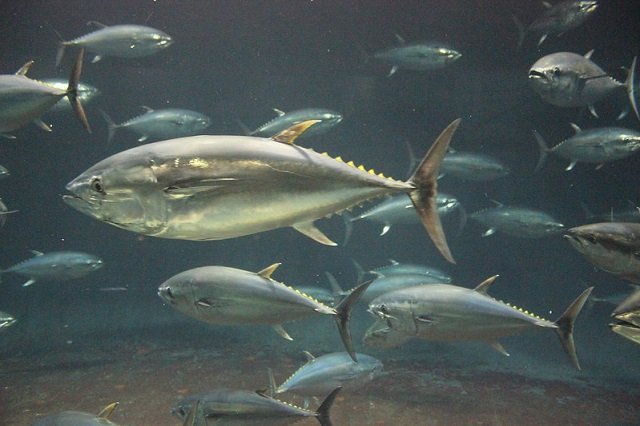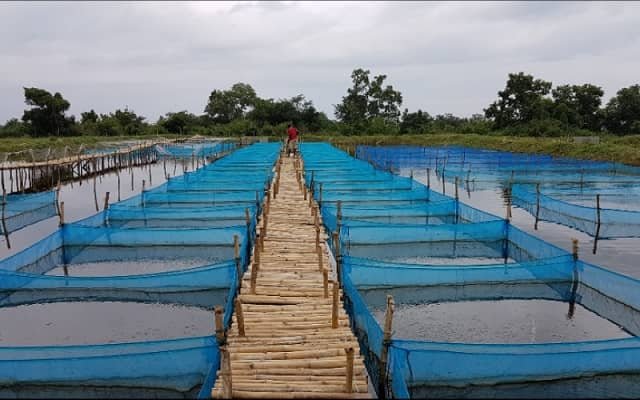Utrecht, The Netherlands.- In the last two decades, fishmeal grew increasingly scarce, as production declined by more than 2m tonnes. This scarcity triggered the quest for alternative ingredients for aquafeed. But with fishmeal supply currently improving and prices stabilising at a lower level, the alternatives market needs new growth strategies.
Report summary
Aquaculture is the biggest consumer of fishmeal and fish oil. While global capture fisheries have been stagnant since the 1980s, aquaculture has shown rapid growth. Currently, around two-thirds of aquaculture is based on extensive farming practices, using very little feed. However, intensive fish farming is the fastest-growing system of aquaculture, with a CAGR of 6% to 2020, and it relies on fishmeal and fish oil.
“Fishmeal supply bottomed out in 2016 due to El Niño, but 2017 should mark stabilisation at a higher level,” according to RaboResearch Senior Seafood Analyst Gorjan Nikolik. “After three years of low Peruvian anchovy harvests, the supply of fishmeal and fish oil has considerably improved due to the absence of El Niño. High prices have also softened. We expect this price level to be maintained at least in the short term; however, volatilities in supply are always a possibility in this industry.”
Producers of alternative proteins and oils will need new strategies to help bridge the years of (potentially) lower prices ahead. In the latest RaboResearch report titled To Fishmeal… or Beyond? New Growth Strategies Needed for Alternatives Market as Fishmeal Stabilises, we explore this sector’s key dynamics, such as:
• Alternative ingredients in aquafeed formula are being explored to offset the volatilities in fishmeal supply, along with high prices.
• There are novel ingredients—besides vegetable-based protein meals and processed animal products (PAPs)—which can be included in fish feed.
• Among the various alternatives, bacterial, insect-based protein sources and algal oils show the greatest potential.
Stay Always Informed
Join our communities to instantly receive the most important news, reports, and analysis from the aquaculture industry.
Contact:
RaboResearch Food & Agribusiness
PO Box 17100 (UC 053)
3500 HG Utrecht, The Netherlands
Email: far@rabobank.com
Source: Rabobank
Editor at the digital magazine AquaHoy. He holds a degree in Aquaculture Biology from the National University of Santa (UNS) and a Master’s degree in Science and Innovation Management from the Polytechnic University of Valencia, with postgraduate diplomas in Business Innovation and Innovation Management. He possesses extensive experience in the aquaculture and fisheries sector, having led the Fisheries Innovation Unit of the National Program for Innovation in Fisheries and Aquaculture (PNIPA). He has served as a senior consultant in technology watch, an innovation project formulator and advisor, and a lecturer at UNS. He is a member of the Peruvian College of Biologists and was recognized by the World Aquaculture Society (WAS) in 2016 for his contribution to aquaculture.







